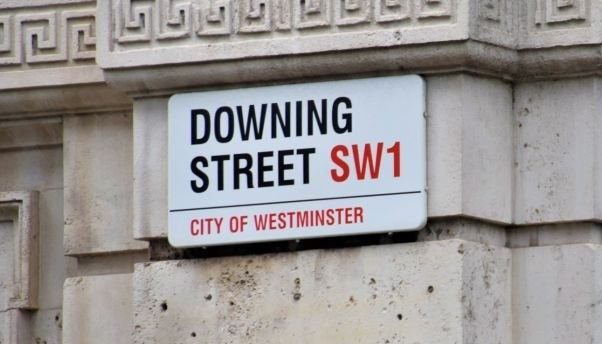According to the proposed ban, individuals born on or after January 1, 2009, would not be able to purchase tobacco products, not legally at least. Should this measure be passed into law, the nation would be aligning itself with the likes of New Zealand in adopting some of the most stringent smoking regulations globally.
Prime Minister Sunak highlighted that smoking would not be criminalized and the phased approach would mean that anyone who is currently able to purchase cigarettes legally, would always be able to. Therefore, he added, if the ban had to be signed into law, the only burden on older generations would be having to carry an ID when they want to purchase cigarettes.
Similar bans have been proposed in Hong Kong, Malaysia and New Zealand. Discussing such bans, earlier this year tobacco harm reduction expert David Sweanor, told Vaping Post that proposed measures known for their difficulty in enforcement, may in some cases be used as a political strategy for policymakers to appear committed without truly changing the current situation.
Sweanor added that as previously emphasized, such measures become even more questionable when the substance in question: nicotine, carries minimal health risks, and viable low-risk alternatives are readily available, offering empowerment to consumers instead of punitive measures.
History has show that prohibition is recipe for disaster
Meanwhile, prime minister Sunak has also revealed plans to propose measures aimed at limiting children’s access to vapes by examining aspects such as flavours, packaging, in-store displays, and disposable vaping products. Discussing these developments, the World Vapers’ Alliance (WVA) said that the announcement of restrictions on vaping products is concerning, especially given the success the UK has achieved thanks to endorsing the use of the products as smoking cessation aids. The WVA urges the UK to keep its commitment to evidence-based harm reduction strategies and its position as a global leader in this domain.
Why change something that is working?
The WVA added that the UK’s recent “Swap-to-Stop” program, demonstrates the nation’s dedicated effort to continue reducing smoking rates by endorsing the use of safer alternatives. IN fact, data released by the Office for National Statistics has indicated that this strategy has led to the UK’s smoking rates dropping at a rate twice as fast as the EU’s. Hence, the restrictions suggested by Sunak risk eroding these achievements and contradict the UK’s own successful strategies in this regard.
The WVA added that it opposes the idea of implementing a generational smoking ban as an effective tool for reducing smoking rates. The group reiterated that while the intention may be reducing smoking, past experiences have demonstrated that bans often lead to unintended consequences, such as the growth of black markets.
The UK’s Ban on Disposable Vapes Could Undo a Lot of The Progress It Has Achieved




![Recent Conference Urged Nations Worldwide to “Quit [Smoking] Like Sweden”](https://www.vapingpost.com/wp-content/uploads/2024/04/vape-conference-238x178.png)



